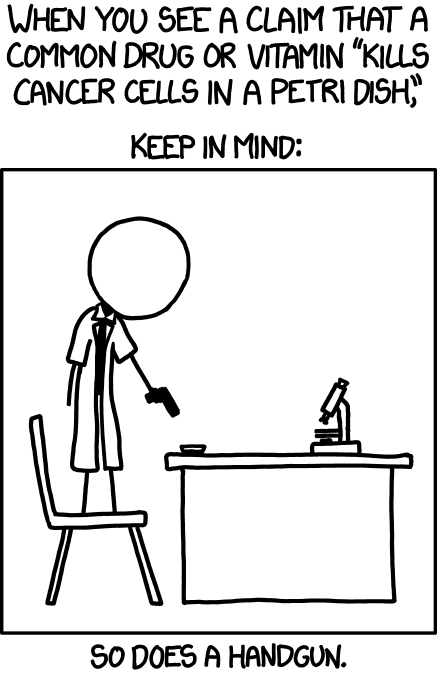In this study, the scientists simulated the process of spaced learning by examining two types of non-brain human cells — one from nerve tissue and one from kidney tissue — in a laboratory setting.
These cells were exposed to varying patterns of chemical signals, akin to the exposure of brain cells to neurotransmitter patterns when we learn new information.
The intriguing part? These non-brain cells also switched on a “memory gene” – the same gene that brain cells activate when they detect information patterns and reorganize their connections to form memories.
in a laboratory setting.

Its interestng, but kidney cells are not exposed to patterns of neurotransmiters like nerve cells are. Cells can be reprogramed to be stem cells as well with the right pattern od signals but that does not mean that it really happens in the body.
“The Body Keeps the Score”
Isn’t the title misleading? A cell switching on the same gen neurons use to connect, if exposed to substance used to transmit information, doesn’t mean it stores or transmits any memories. It seems it doesn’t even do anything more, like forming dendrites or “answering” chemically.
Guess that’s just a side-effect of how the gen is exposed.
“Muscle memory” is real.
Yeah last week people on Lemmy were arguing that memory is the simplest thing to exist EVER and that musk’s neuralink meant we had matrix reloaded already at the corner
The hubris never ceases to amaze me
Musk is a snake oil salesman that buys other people’s ideas and pays smart people to make it, then steals all the profits for himself.
Modern day Thomas Edison.
Except he hasn’t electrocuted a live elephant to make a point. Yet.
In related news:
The complications include bloody diarrhea, partial paralysis, and cerebral edema, a condition colloquially known as “brain swelling.”
I was wondering if there is a link between cellular memory and how trauma is encoded into DNA?
Kwisatz Haderach here we come
So hold on a minute - does this mean there might be some truth to the whole “eat your fallen enemy to gain experience” thing? That’s wild.
No, because you’re eating the flesh, so you’re digesting it.
This is more relevant to organ transplants.
Apparently, it’s a known phenomenon that some organ transplant recipients seem to inherit some traits and even memories of organ donors.
As if haven’t know for a century that immune system has the ability to both form memories and problem solve, that rivals the brain. The body being able to adapt to external stimuli isn’t anything groundbreaking.
deleted by creator
Is this the stuff responsible for organ donation receivers picking up traits of the donor?
Likely not that simple as there would be other factors at play, but good way of thinking. I’m no geneticist but that sounds like it may be a contributing factor, though memory in this case would be functional rather than personality-based.
It’s called karma



